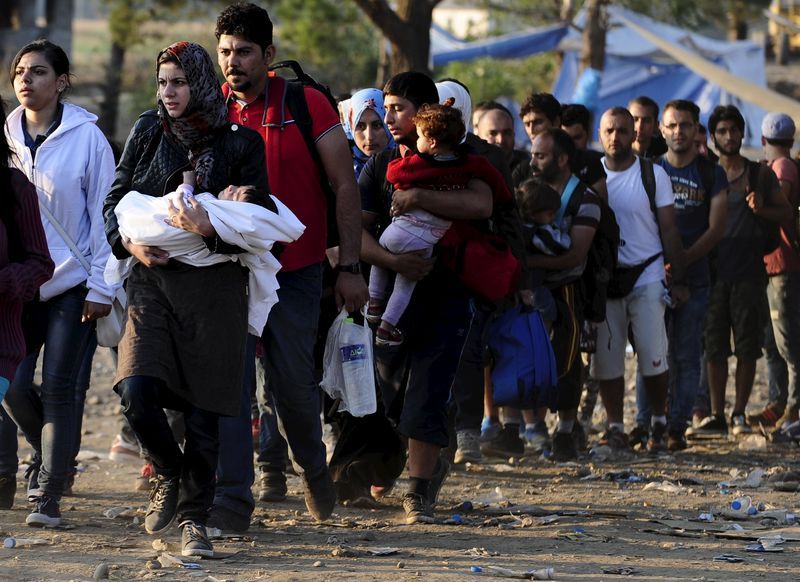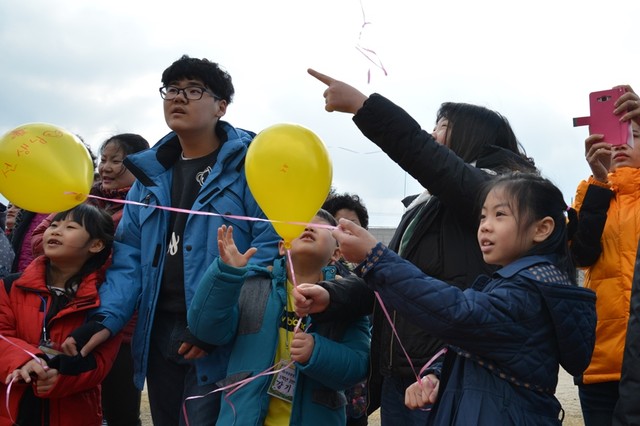移民
いみん
◆ Emigrant, immigrant
移民達
imintachi
は
ha
肉体的
nikutaiteki
、
,
精神的苦痛
seishintekikutsuu
に
ni
耐
ta
えてきた。
etekita.
The emigrants have endured physical and mental pain.
移民
imin
たちは、そこへ、
tachiha,sokohe,
木
ki
の
no
漁船
gyosen
にすし
nisushi
詰
zu
め
me
状態
joutai
で、
de,
危険
kiken
な
na
航海
koukai
をするのである。
wosurunodearu.
Packed into wooden fishing boats like sardines, the immigrants undergo thedangerous voyage there.
移民
imin
は
ha
流
naga
れを
rewo
成
na
してその
shitesono
国
ku
に
ni
入
nihai
った。
tta.
The immigrants entered the country in a steady flow.
☆ Noun (common) (futsuumeishi), noun or participle which takes the aux. verb suru, nouns which may take the genitive case particle 'no'
◆ Emigration, immigration
これが
korega
戦後移民
sengoimin
に
ni
関
kan
する
suru
中心的問題
chuushintekimondai
である。
dearu.
This is the central problem of postwar immigration.
ドイツ
doitsu
の
no
首相
shushou
は
ha
移民問題
iminmondai
に
ni
悩
naya
まされています。
masareteimasu.
The German Chancellor is plagued by immigration problems.
この
kono
研究
kenkyuu
は
ha
各国
kakkoku
の
no
移民政策
iminseisaku
を
wo
比較
hikaku
するものである。
surumonodearu.
This study compares the immigration policies of various nations.

설명을 보려면 로그인하세요.
移民의 동의어
移民의 동사 활용표
| 양식 이름 (形) | 단어 |
|---|---|
| 사전(辞書) | 移民する/いみんする |
| 과거(た) | 移民した |
| 부정(未然) | 移民しない |
| 공손(丁寧) | 移民します |
| 테(て) | 移民して |
| 능력(可能) | 移民できる |
| 수동태(受身) | 移民される |
| 명령(使役) | 移民させる |
| 수동명령(使役受身) | 移民すられる |
| 조건(条件) | 移民すれば |
| 사령(命令) | 移民しろ |
| 의지(의) | 移民しよう |
| 금지(禁止) | 移民するな |






















